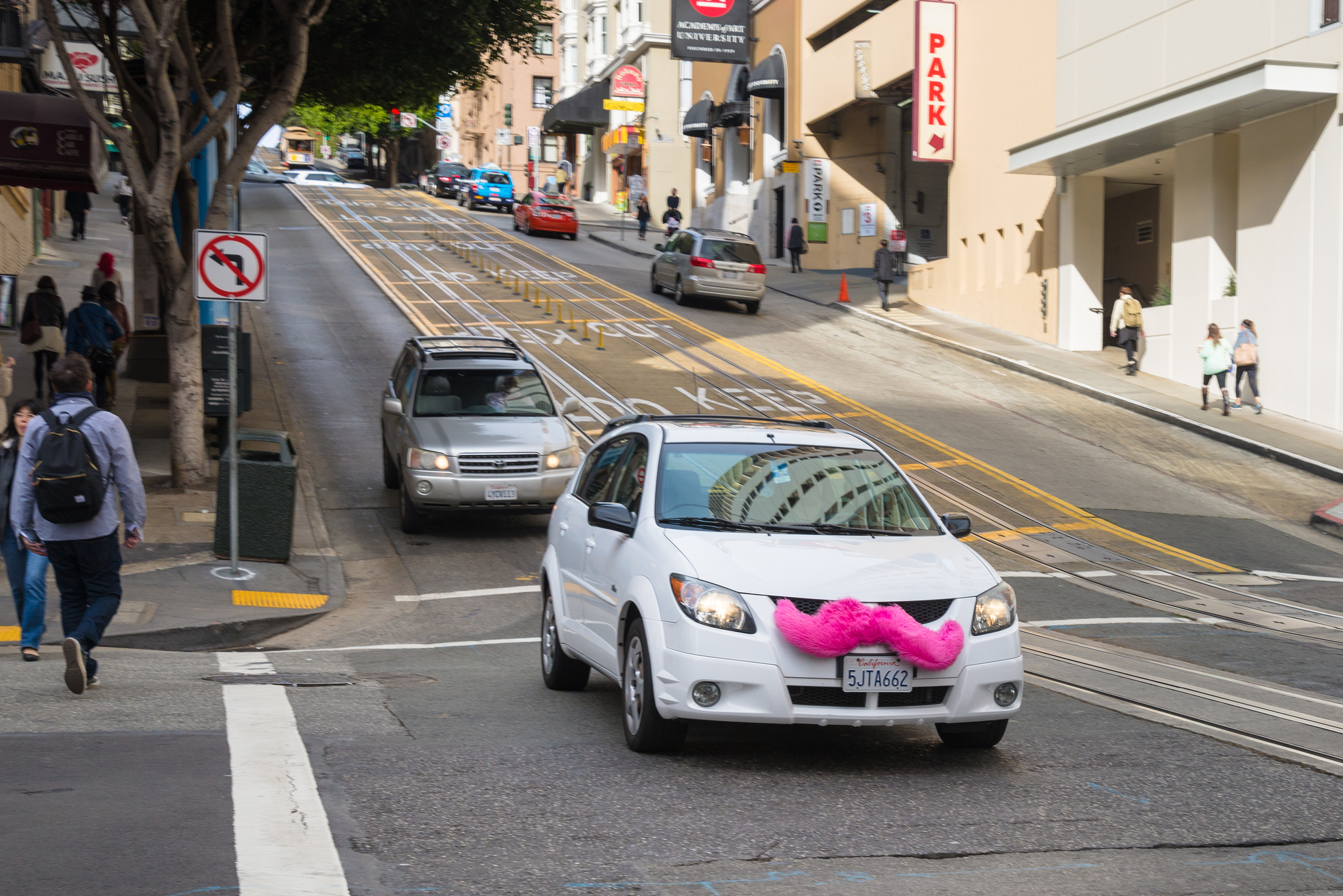
Meeting the needs of today’s “on-demand” workers
Photo: Lyft driver. By Sergio Ruiz of Urbanists on Flickr.com
What if, every time you took a ride with a Lyft driver, you knew that you were building a stronger economy for the future? What if you could be certain, when you sign up to be a Task Rabbit or a Shyp Hero, that you’re not just putting coins in your own pocket but building a future of work that works for everyone?
At Institute for the Future, we want to make sure that the future of work is truly workable. That’s why we’re launching the Workable Futures Initiative with support from Knight Foundation.
Today, our rapidly evolving technology infrastructure is reshaping the very underpinnings of our labor economy—how all of us support ourselves, our families, our aspirations and our passions.
New platforms for organizing everyone from taxi drivers to chefs and from scientists to filmmakers and architects are rewriting the rules for getting things done. Robots are replacing not just to factory workers, but service workers like your hotel concierge or your fast food checkout clerk. And even managers of complex projects are beginning to compete with algorithms. These computer programs turn management know-how into micro-task recipes for automated management of micro-workers around the world.
This is a threshold moment. We urgently need to understand the emerging work patterns and to design platforms – the services, products and policies that create opportunities and enable sustainable livelihoods for broad swaths of the population. The new work platforms, after all, are not pre-ordained. They are designed by humans, and we can shape their design with the goals of opportunity, equity and fair pay in mind.
The Workable Futures Initiative is bringing together policy makers and platform developers with social inventors and workplace pioneers to make sure that these seismic shifts in the way we organize work will lead to a more positive future for everyone. We’re working to imagine, design and prototype positive platforms that will meet the broad range of goals of a healthy productive society.
We’re proud to have practical thought leaders like Knight’s own Carol Coletta helping us imagine how positive platforms for coordinating work can create more vibrant cities with more engaged citizens.
We’ll be tapping the perspectives of our advisors – from Gavin Newsom, the Lieutenant-Governor of the State of California to Mary Kay Henry, president of the Service Employees International Union and Stephane Kasriel, CEO of Upwork (formerly oDesk), among others. These and other world-class advisors will help us bring the diversity of perspectives that this task demands.
On the ground, we’re interviewing people who work in the platform economy to understand, in depth, how they make the choices of which platforms to use and why. What are the impacts of these choices on their households and their communities? What are the lives they aspire to, and how will workable platforms help them get there? Building on the answers to these questions, the Workable Futures Initiatives will convene a broad cross-section of policy makers, platform developers, change advocates and social inventors to prototype positive platforms for workable futures.
Referring to the profound changes wrought by World War II, anthropologist Margaret Mead wrote: “All of us who grew up before the war are immigrants in time, immigrants from an earlier world, living in an age essentially different from anything we knew before.” Today we are all once again immigrants in a new world of work, a new labor economy where we have a brief window to make the future we want. We can be thrown into the emerging landscape of work as castaways, naked, dazed and ill-equipped to cope with a hostile environment. Or we can arrive as enlightened immigrants, open to the new opportunities and ready to build a new culture.
Marina Gorbis is Executive Director of Institute for the Future and author of the book, “The Nature of the Future.” Devin Fidler is the research director for the Workable Futures Initiative at IFTF and developer of the platform, iCEO.
Recent Content
-
Communitiesarticle ·
-
Communitiesarticle ·
-
Communitiesarticle ·


